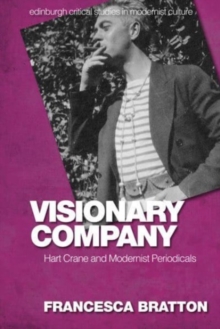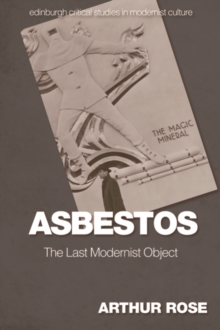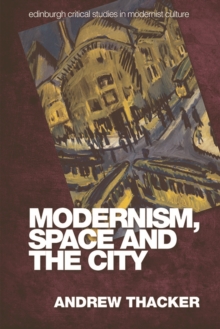
Abstraction in Modernism and Modernity : Human and Inhuman PDF
by Jeff Wallace
Part of the Edinburgh Critical Studies in Modernist Culture series
Description
Abstraction is one of the most important words in modernism and in the critical thought of modernity, yet its complex work is invariably hidden in plain sight. What do we want from abstraction? Does it refer to thought, or to art? Is it a term of reproach, or of affirmation? Beyond these distinctions, Jeff Wallace's new intellectual history of abstraction in modernism and modernity proposes that abstraction is always uniquely concerned with the importance and revaluation of the inhuman in and for the human. Wallace's case studies range across the writings of Raymond Williams and Paul Valery, Marx and Marxist aesthetics, the discourse on abstract visual art in Cezanne, Kandinsky, Mondrian and Newman, the literary experimentalisms of Gertrude Stein, Wallace Stevens and Samuel Beckett, and the twenty-first-century legacies of modernist abstraction in two forms: the post-Deleuzian resurgence of interest in the philosophies of William James, Henri Bergson and A. N. Whitehead; and the act of looking at the abstract canvas in plays by Yasmina Reza, John Logan and Lee Hall. Contrary to habitual associations of abstraction's difficulty with the exclusivity of high modernism, Wallace finds an inclusive and democratic impulse at the heart of the difficulty itself - the promise of an abstraction for all.
Information
-
Download - Immediately Available
- Format:PDF
- Pages:272 pages
- Publisher:Edinburgh University Press
- Publication Date:29/05/2023
- Category:
- ISBN:9781474461672
Other Formats
- EPUB from £72.25
- Hardback from £70.95
Information
-
Download - Immediately Available
- Format:PDF
- Pages:272 pages
- Publisher:Edinburgh University Press
- Publication Date:29/05/2023
- Category:
- ISBN:9781474461672










